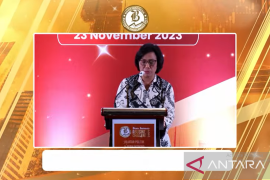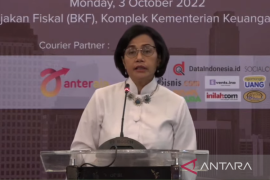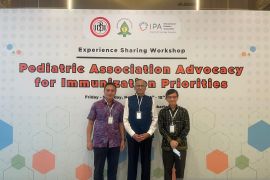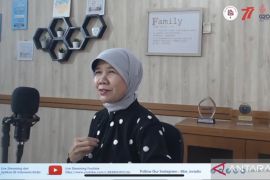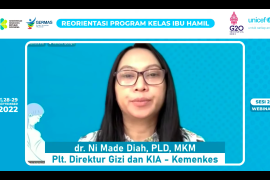In a statement released on Monday, he said that in order to achieve this goal, the younger generation should be guided to prepare themselves to be part of an advanced generation that will create quality descendants in the future.
“To realize all of this, we need to fulfill the nutrient needs optimally from an early age. We need to educate students about this in order to help anticipate stunting issues,” Effendy noted.
Stunted growth is caused by various factors during pregnancy and after birth, he added, emphasizing the need for additional nutritious foods for infants and proper parenting education for future parents.
“The roles and involvement of universities in educating their students and the public, particularly on nutrient issues and anemia in teenagers, are essential,” stressed the coordinating minister.
He mentioned that stunting prevalence is not only a health issue, as other non-health-related factors such as social and economic conditions, as well as public behavior, also contribute to stunting.
Therefore, support and contributions from all relevant sectors are considered necessary to address stunting issues in Indonesia, he said.
“Specific and sensitive interventions should take place simultaneously. We can optimize our P3KE (Extreme Poverty Eradication Acceleration Target) data to ensure the interventions are more accurate and continuous,” Effendy remarked.
The Indonesian Nutritional Status Survey (SSGI) report in 2022 showed that the stunting prevalence rate in Indonesia had reached 21.6 percent, a slight decline from 24.4 percent in the previous year.
The Indonesian government aims to reduce the stunting prevalence rate to 14 percent by 2024.
Related news: National Family Day and efforts to accelerate stunting reduction
Related news: Eating with family at dining table can prevent stunting: BKKBN
Translator: Asep Firmansyah, Nabil Ihsan
Editor: Anton Santoso
Copyright © ANTARA 2023

